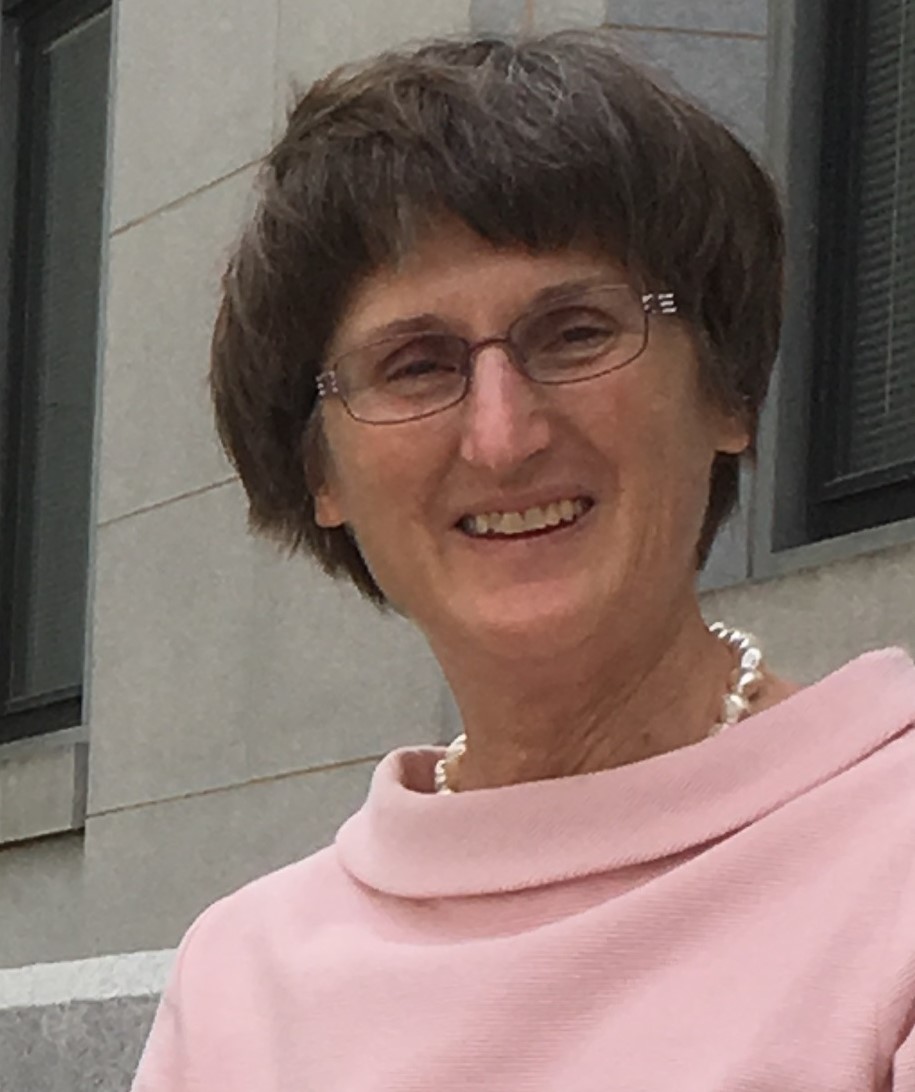By NANCY WEST, InDepthNH.org
CONCORD – The state didn’t conduct reviews of child fatalities last year because the Division for Children Youth and Families had no policy in place to allow the child advocate to observe the process, which is considered critical in learning how to avoid future child deaths.
Moira O’Neill, director of the Office of the Child Advocate, said timely reviews are necessary to understanding what went wrong and improving the state’s child protective system. The policy needed for OCA involvement was recently completed, she said.
“We’re still not learning from child deaths,” said O’Neill, whose office was established as an independent and impartial state agency to reform New Hampshire’s child welfare and juvenile justice system.
Continuing problems at DCYF were detailed in OCA’s annual report released on Monday.
“DCYF stopped conducting internal reviews when the OCA asked to observe the process as part of oversight responsibilities,” O’Neill said.
It wasn’t the only policy barrier to OCA’s work.
The Attorney General’s Office refused to allow OCA to review autopsy reports in the deaths of two of the five children DCYF reported to her office as possible victims of abuse and neglect, O’Neill said.
The reviews are conducted only if a child’s death is not considered natural and unavoidable. The goal is to identify patterns of risk to children, improve services to children and families, and build prevention strategies.
There were five deaths reported to OCA that had open or recent DCYF cases in 2018.
Troubled agency
The report paints a picture of DCYF as a still-troubled child protection agency despite highly publicized legislation last year signed by Gov. Chris Sununu. The Legislature allocated $1.5 million to fund reinstituting voluntary services for families at risk of abuse and neglect. And added 33 new DCYF positions.
“The shortcomings of the agency’s capacity are clear: insufficient workforce, insufficient training and expertise, and insufficient resources to purchase services that actively, actually help children heal,” the report said.
O’Neill said the Department of Health and Human Services was given the opportunity to comment on the report.
“After 16 days, they declined,” O’Neill said.
Gov. Sununu’s office and the Department of Health and Human Services didn’t return calls to InDepthNH.org seeking comment on the report.
Sununu Youth Services Center
The report addresses problems at the Sununu Youth Services Center in Manchester that came under fire last May when the Disability Rights Center released a report about abuse there.
DRC’s investigation found that SYSC staff subjected a child with emotional and behavioral disabilities to abuse through the improper use of physical restraint. The restraint, which fractured the child’s shoulder blade, violated New Hampshire’s law regulating the use of restraint and seclusion, DRC reported.
Monday’s OCA report said youths at SYSC have considerable mental and behavioral health needs, yet emphasis on their risk of violence drives daily routine.
Problems outlined:
* DCYF is not monitoring children in residential care for safety
* Children continue to be missing each day, alone and exposed to risks
The report suggests:
* Legislative Action: Codify the Child Fatality Review Committee, expand voluntary services to reach more families at risk of abuse and neglect.
* DCYF: Conduct internal death reviews, review compliance and outcomes of enhanced assessments, monitor all enhanced assessment-involved infants for long-term outcomes.
Child deaths
In the much-publicized Derry murder-suicide in which a father killed himself and his 6-year-old son, OCA found a history of eight referrals of suspected abuse or neglect to DCYF with only one allegation founded. That complaint was resolved and the case was never technically opened.
In an unrelated case of an accidental overdose death of a 16-year-old, OCA found a history of 14 referrals to DCYF for abuse and neglect. Five were opened for assessment and all were either unfounded or incomplete. A delinquency case was opened at age 14 and two subsequent Child in Need of Services cases.
“The most recent open assessment and CHINS petitions were never completed due to the child being missing,” the report said, adding a Systems Learning Review on the case has been scheduled.
A key finding is that the root of many problems in child protection and juvenile justice is the absence of a comprehensive system of care, the report said.
Parental rights
Another problem is that action to protect children is hindered by deference to parental rights over children’s interests and by a vaguely defined or interpreted statute on child maltreatment, the report said.
“I cannot emphasize enough the lessons from an explosion of science regarding the impact adverse childhood experiences have on brain development and overall health that extend a person’s lifespan,” O’Neill said.
“Children who are exposed to abuse, neglect and family dysfunction are at high risk developmental delay, poor school performance, and chronic health conditions including heart disease, diabetes, depression and substance misuse. Children need a responsive DCYF before exposures take effect,” O’Neill said.
The good news is that children can build resistance to childhood adversity, she said.
“The single most effective factor for building resistance is a caring, consistent adult. That may be a DCYF caseworker, a relative, a neighbor, or a janitor at school,” O’Neill said.
“As New Hampshire takes on the complexity of reforming a sprawling bureaucratic child welfare system, we should all be mindful of the one simple intervention that can make all the difference in a child’s future. We should all aim to be that caring consistent adult,” O’Neill said.





